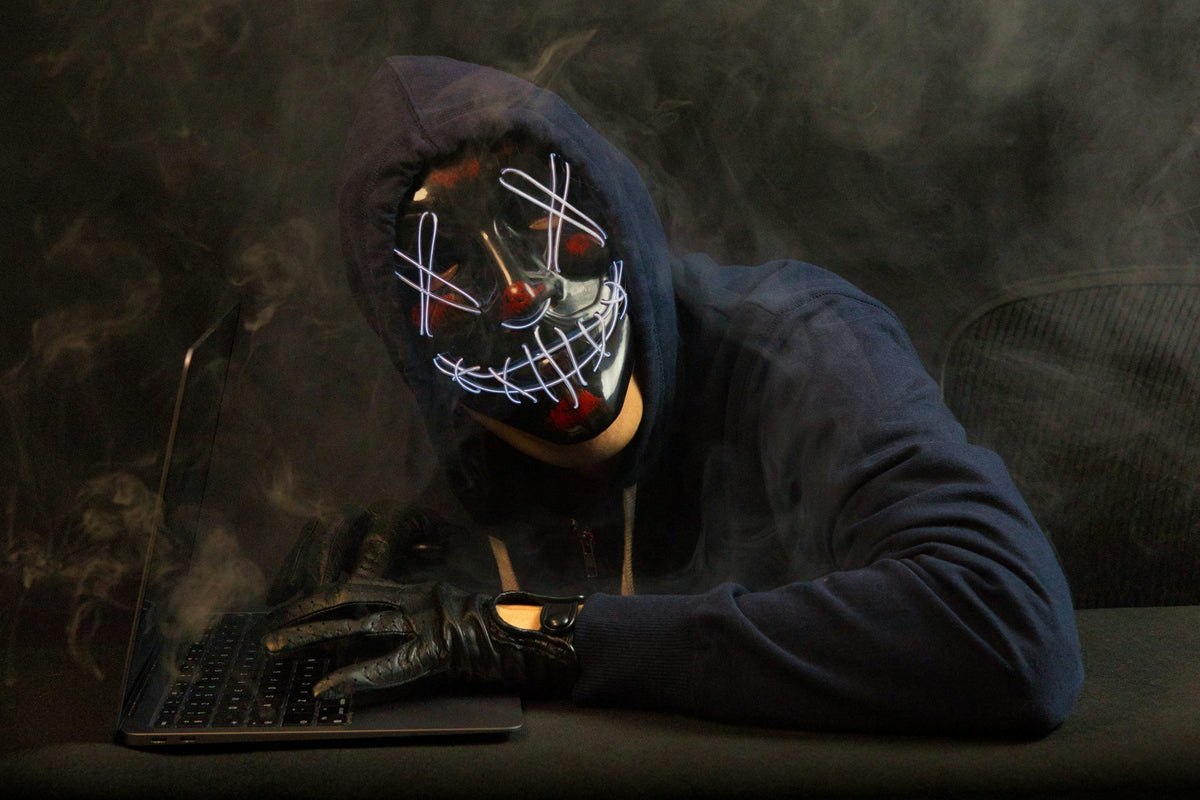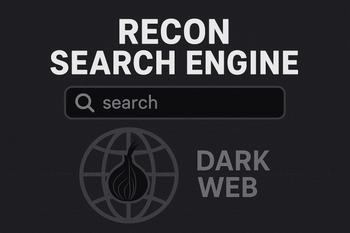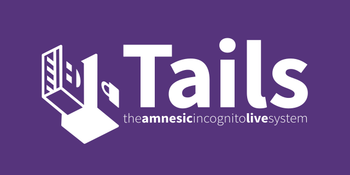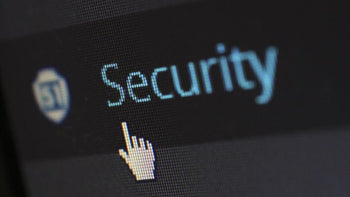
The Shadows Unveiled: Navigating the Depths of the Dark Web's Enigmatic Realms
|
|
⌛ Time to read 5 min
Shipping Worldwide 🛩️
Call Us: +357 97729099 📞
WhatsApp Us: +357 97729099 🔔
Email: info@cybershopcyprus.com 📧
Follow Us On Social Media ✌️


✍️ Written by: Nearchos Nearchou
|
📅
|
⌛ Time to read 5 min
In the vast digital ocean of the Internet, where billions of websites float across the surface, there exists a concealed and often misunderstood realm—the Dark Web. Hidden from traditional search engines and cloaked in layers of encryption, the Dark Web sparks both curiosity and concern 😮.
Often dramatized in the media, it’s a place that intrigues many but is known by few. In this article, we embark on a journey into the shadows to demystify this complex and secretive part of the Internet, exploring its uses, risks, and truths that often go untold.
Let’s clear the air. The Dark Web is not a monolithic underground of crime and danger. Yes, there are illicit corners, but the entire landscape is far more nuanced.
By understanding its legitimate purposes, we begin to separate myth from reality.
Accessing the Dark Web isn't as simple as opening Chrome or Safari. To reach this hidden layer, users need specialized tools—most notably, TOR (The Onion Router) 🧅.
TOR routes your data through multiple encrypted layers, disguising your IP address and offering anonymity. Through TOR, users can access “.onion” sites, which are inaccessible through standard browsers.
⚠️ Caution is crucial: The same anonymity that protects freedom of speech can also shield criminal activity. Venturing into the Dark Web without understanding the environment is like exploring a jungle without a map—risky and potentially dangerous.
The architecture of the Dark Web is built upon anonymity and encryption. Each digital interaction passes through multiple "onion" layers, making it nearly impossible to trace.
💸 Adding another layer of secrecy, cryptocurrencies like Bitcoin and Monero are widely used for transactions. These digital currencies make financial dealings harder to trace—useful for privacy advocates, but also exploited by cybercriminals.
This anonymity poses significant challenges for law enforcement, as tracing suspects requires immense resources and technical expertise.
Contrary to popular belief, the Dark Web is not just a criminal playground. It’s a multifaceted ecosystem.
💬 Forums discuss everything from politics to philosophy.
📚 Academic research and data repositories exist beyond censorship.
🛡️ Platforms like SecureDrop help whistleblowers safely communicate with journalists.
🎓 Even universities and research institutions have hidden services.
This diversity is often overshadowed by sensational headlines. But understanding the legitimate and even noble uses of the Dark Web is essential in painting a complete picture.
Exploring the Dark Web can expose you to malware, scams, or harmful content if you’re not careful. Here's how to protect yourself:
🛡️ Use a VPN: A Virtual Private Network adds another layer of anonymity.
💻 Secure your system: Keep antivirus software updated and your OS patched.
🔍 Avoid sketchy links: Many phishing and scam sites mimic trusted services.
🧠 Practice digital awareness: Know your environment and act cautiously.
The Dark Web can be both empowering and perilous. Navigating it responsibly is key to ensuring your safety and privacy.
“The Shadows Unveiled” has guided us through the hidden corridors of the Dark Web—past its myths, through its tools, and into its diverse realities.
In a world where privacy is both a right and a battleground, the Dark Web remains a controversial yet crucial space. It’s not just about criminality; it’s about freedom, anonymity, and the evolving landscape of digital interaction.
As technology advances, so must our understanding. By embracing nuance and rejecting fear-driven narratives, we can approach the Dark Web with informed curiosity and cautious respect.
🌑 Whether seen as a shadow or a shield, the Dark Web is undeniably a part of our digital future.
Nearchos Nearchou
Nearchos Nearchou is a determined person and 1st Class BSc (Hons) Computer Science and MSc Cyber Security graduate. He is a big tech-lover and spent several years exploring new innovations in the IT field. Driven by his passion for learning, he is pursuing a career in the Cyber Security world. Passionate about learning new skills and information that can be used for further personal and career development. Finally, he is the author of the book “Combating Crime On The Dark Web”.
The Dark Web is a part of the Deep Web that is intentionally hidden and requires specific tools, like Tor, to access. While the Deep Web encompasses all unindexed content on the internet, the Dark Web specifically refers to the intentionally concealed, often encrypted, and anonymous parts.
No, the Dark Web serves various purposes beyond its notorious associations. It is used for privacy, anonymous communication, bypassing censorship, political activism, and even academic research. While illegal activities exist, the Dark Web is not exclusively a hub for such practices.
Accessing the Dark Web requires a specialized browser, such as Tor (The Onion Router), which anonymizes your identity. Users should exercise caution, follow safety protocols, and be aware of potential risks before exploring this hidden realm.
The Dark Web operates with multiple layers of anonymity. Users often employ pseudonyms, encrypted communication channels, and cryptocurrencies like Bitcoin for transactions, adding complexity to tracing activities. This multi-layered approach poses challenges for law enforcement and cybersecurity experts.
While many transactions on the Dark Web are conducted using cryptocurrencies due to their pseudonymous nature, it's not the exclusive method. Cryptocurrencies, especially Bitcoin, provide an additional layer of privacy, but other forms of transactions, including traditional methods, may also be used.
Yes, the Dark Web hosts various legitimate activities, including privacy advocacy, political activism, academic research, and whistleblower platforms. It's crucial to recognize the diverse landscape beyond its infamous reputation for illegal activities.
Before venturing into the Dark Web, individuals should take precautions to protect their identity and security. This includes using a virtual private network (VPN), keeping software up-to-date, and avoiding interaction with suspicious sites. Education and awareness are essential for safe exploration.
Law enforcement faces challenges in monitoring the Dark Web due to its layered anonymity and encryption. While efforts are made to track illegal activities, the nature of the Dark Web poses obstacles to effective surveillance.
Differentiating between legal and illegal content requires careful scrutiny. Engaging in activities that violate the law is strictly discouraged. Legitimate purposes often include privacy-focused discussions, activism, and research. However, users should always be vigilant and prioritize their safety.
Safety depends on taking necessary precautions, such as using Tor, employing a VPN, and being cautious about the sites visited. While the Dark Web is not inherently dangerous, it's crucial to stay informed, exercise discretion, and avoid engaging in illegal activities for a safe and informative exploration.
📬 Subscribe to Our Newsletter
Stay updated with the latest tech insights.
Tax included.
| Price |
|---|
| SKU |
| Rating |
| Discount |
| Vendor |
| Tags |
| Weight |
| Stock |
| Short Description |
Description here
Description here


